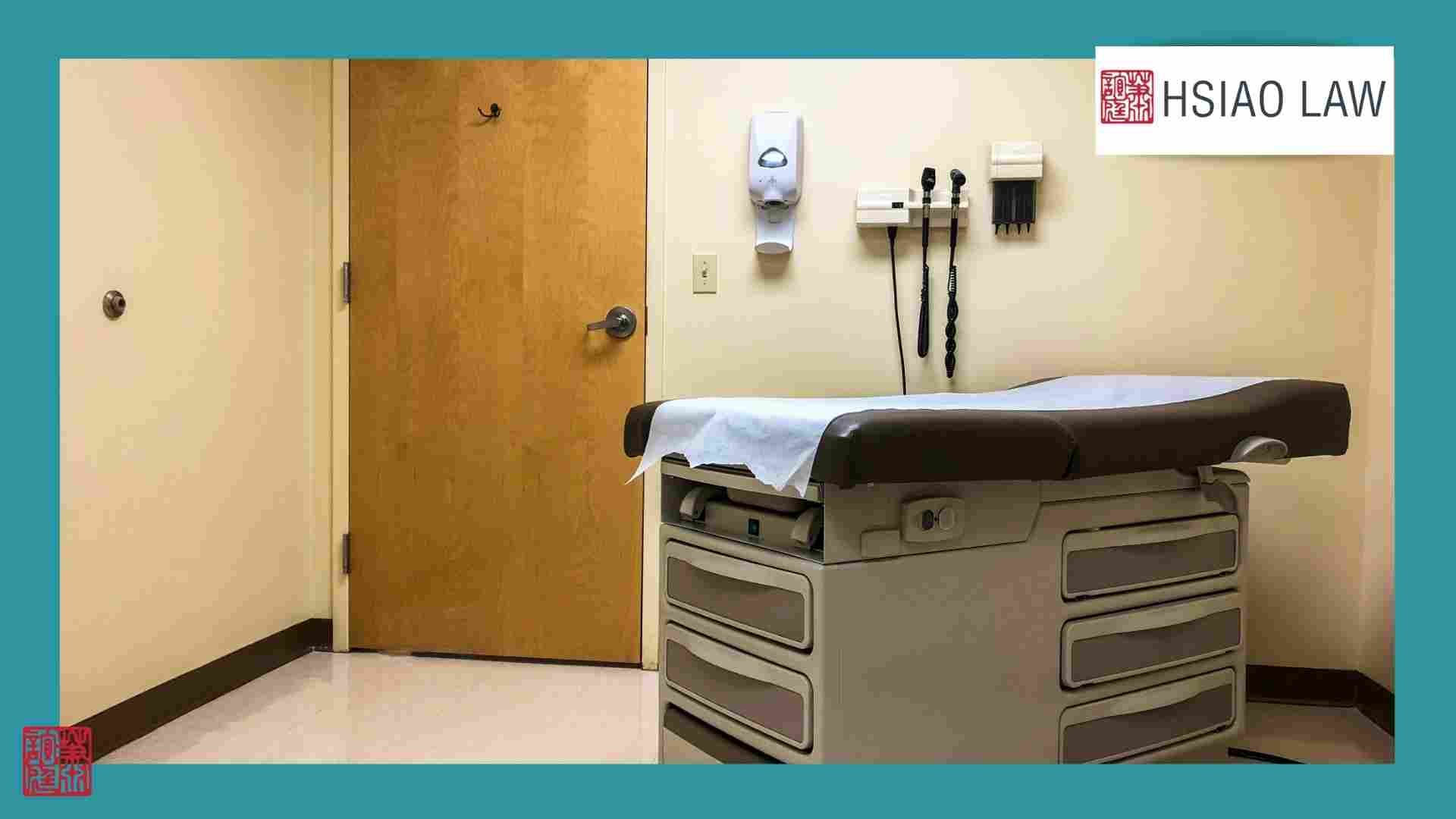The U.S. Department of Justice recently announced a new rule under Title II of the Americans with Disabilities Act (ADA). According to Disability Scoop, this rule mandates that certain hospitals and healthcare clinics must meet specific technical standards to ensure that their medical equipment is accessible to people with disabilities.
This move comes after numerous complaints about the lack of accessible medical equipment, such as examination tables and weight scales. The new rule serves to increase the accessibility of medical care to those with disabilities.
How Law Promotes Medical Care for People with Special Needs
Imagine needing a medical examination but not being able to transfer from a wheelchair to an exam table. For many individuals with disabilities, this is their reality. The lack of accessible medical equipment has led to people missing out on dental exams, mammograms and other essential preventive care. Under the new rule, all public hospitals, health clinics and other government-contracted entities must maintain accessible medical equipment.
What Equipment will Be Affected?
The rule adopts accessibility standards for various medical diagnostic tools, including:
- Exam tables
- Chairs for eye and dental exams
- Weight scales
- Mammography equipment
- X-ray machines
Healthcare providers have a two-year window to comply with the new standards. They must acquire the necessary accessible equipment and ensure that staff are trained to operate it and assist patients. This period allows healthcare facilities to gradually update their equipment and practices to meet the new requirements.
How will These Changes Benefit People with Disabilities?
With the enforcement of this new rule, people with disabilities can expect a significant improvement in the accessibility of medical care. They will no longer have to forgo essential medical services due to the lack of suitable equipment. This change is a significant step towards equitable health care, where everyone can receive proper medical attention regardless of personal disability.
Can You Advocate for Accessible Medical Care?
If you or a loved one requires medical care and faces challenges with accessibility, it is essential to be aware of these new regulations. Here are some steps you can take:
- Inquire about the availability of accessible medical equipment when scheduling appointments.
- Advocate for enforcing these standards in your local healthcare facilities.
- Report any non-compliance to the appropriate authorities to ensure that all healthcare providers adhere to the new rules.
- Join or support local disability advocacy groups that work towards improving accessibility in healthcare.
How Does Accessible Medical Equipment Have an Impact on Special Needs Planning?
Accessible medical equipment supports the dignity, safety and well-being of people who have often been underserved by the medical system. Special needs planning requires careful budgeting for those with disabilities to thrive, especially when a caregiver is lost or changed. The new accessibility standards remove potentially costly barriers to proper care. This law is a significant, positive change for older Americans and those with special needs seeking to secure their quality of life through adulthood and retirement.
Can Special Needs Planning Help Secure Medical Care?
Special needs planning can help ensure that your loved ones have access to necessary medical care. By including provisions for health care, you can:
- Designate funds for medical expenses.
- Ensure guardianship or care arrangements for loved ones with special needs.
- Outline your wishes for medical treatment and accessibility requirements.
Secure the Future for Your Special Needs Loved One
Ensuring that your loved ones have access to appropriate medical care is crucial to estate planning. Our law firm focuses on creating comprehensive plans that address the unique needs of individuals with disabilities. Contact us today to schedule a consultation and secure the future for yourself and your loved ones.
Key Takeaways
- Improved Accessibility: The new federal law mandates that hospitals and clinics have accessible medical equipment, ensuring equitable care for people with disabilities.
- Enhanced Medical Care: Thanks to accessible exam tables, weight scales and more, patients with disabilities will receive the same level of medical attention as other patients.
- Two-Year Compliance Window: Healthcare providers have two years to meet the new standards, allowing a smooth transition to improved accessibility.
- Advocacy Opportunities: Patients and families can advocate for enforcing these standards to ensure compliance and improve healthcare accessibility.
- Estate Planning Considerations: The law supports better healthcare planning, making it easier for families to include provisions for medical care in their estate plans.
Proper estate planning can keep your family out of conflict, out of court, and out of the public eye. If you’re ready to create a comprehensive estate plan, contact us to schedule your Family Wealth Planning Session. Even if you already have a plan in place, we will review it and help you bring it up to date to avoid heartache for your family. Schedule online today.
Reference: Disability Scoop (July 29, 2024) “Feds To Enforce Accessibility Standards For Medical Equipment”
Special Needs Families
To learn more about how to protect your special needs child, register for Hsiao Law’s Estate Planning for Families with Special Needs Webinar



